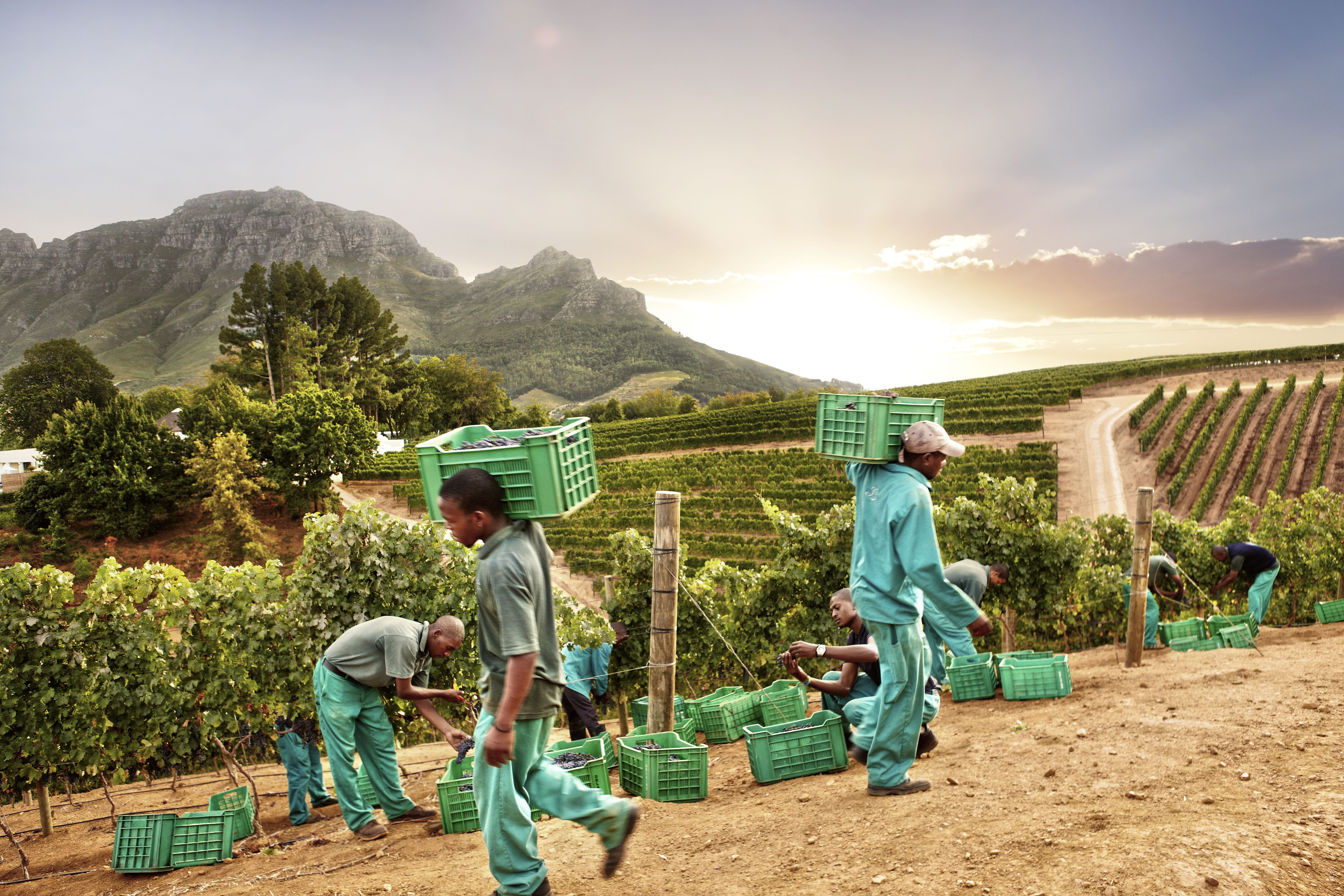Supermarkets in Denmark are removing South African wines from shelves following an investigative documentary that exposed how some of the country’s vineyards are practicing slavery, according to Quartz. The investigative film “Bitter Grapes: Slavery in the Vineyards” by Danish filmmaker Tom Heinemann, exposes the horrendous conditions in which workers in most South African wineries work and live in. According to the documentary, in these vineyards, farmers work long hours under harsh weather conditions and are constantly exposed to toxic pesticides.
The vineries, most of which are owned by White South Africans, have also been accused of perpetuating the “dop system,” which was common in the Apartheid era.
Under this system, workers are paid in alcohol instead of money, turning them into alcoholics.
“I don’t question that there are good farms. I don’t question that my film is a very sharp-edged film about the industry. But if I look at the websites of the vineyards that I visited, that’s a completely different picture that I see,” Heinemann told Danish radio station 702.
Several Danish Supermarkets, including Dagrofa, Spar, Meny and KIWI, have already removed products from Robertson Winery, which is a popular wine producer in South Africa.
Other retailers in the country have completely stopped importing wine products from the winery, according to VinaVisen.
Unfair Coverage
In a prompt response, Robertson Winery published a statement through their Swedish importer Martin Horwitz that praised the company’s relationship with its workers.
Horwitz also criticized the filmmaker, accusing him of being one-sided and misrepresenting facts. He further questioned the film’s intention, saying there are many other South African wineries that are worse off and yet they have never been scrutinized.
“And so it is paradoxical that Robertson Winery is being portrayed as one of the worst examples over and over again, when they are one of the few producers who show transparency and can trace their grapes,” Horwitz wrote.
VinPro, a service organization for South African wine producers and cellar members, has also criticized the documentary saying it is likely to have detrimental effects on the country’s wine industry at large.
In a statement, the company wrote, “VinPro would like to express its concern in terms of the one-sided and biased approach that Heinemann employed.
“The legitimacy of several aspects of the documentary have also already been questioned, both locally and in Scandinavia.”
South African Wine Market
Currently, at least 98,597 hectares of land in South Africa are used to grow different varieties of wine grapes, according to Wines of South Africa.
At least 300,000 people are employed both directly and indirectly in the country’s wine industry, including farm laborers.
Most workers in these wineries have often complained about poor working conditions and low wages.
“I saw housing that was literally falling apart, rain coming down the roof. I saw people have to live off water from a drain ditch alongside a road. I saw toilets that were locked up, so they had to walk into the vineyards to do their toilet. I saw very, very depressing things,” Heinemann revealed.










